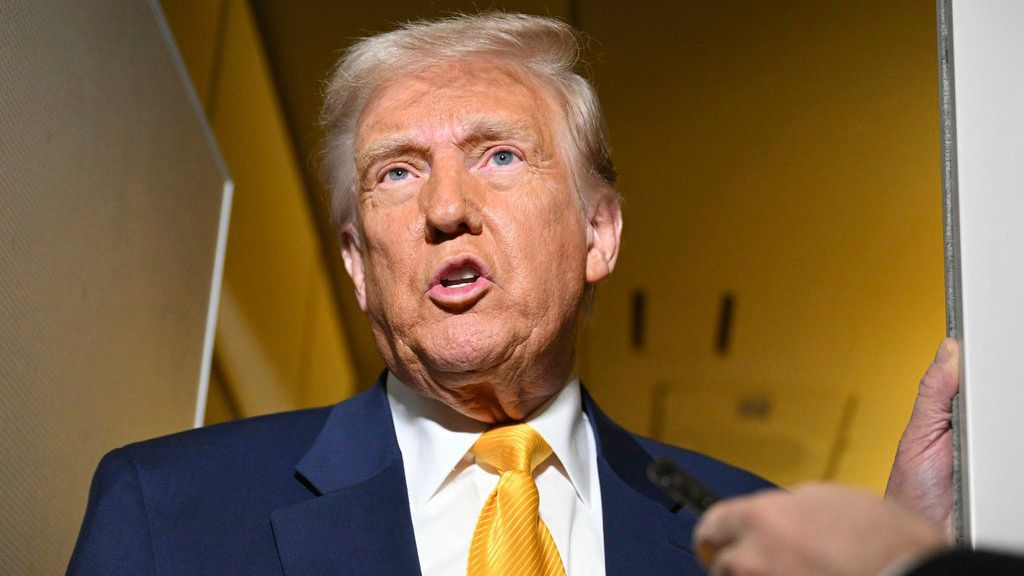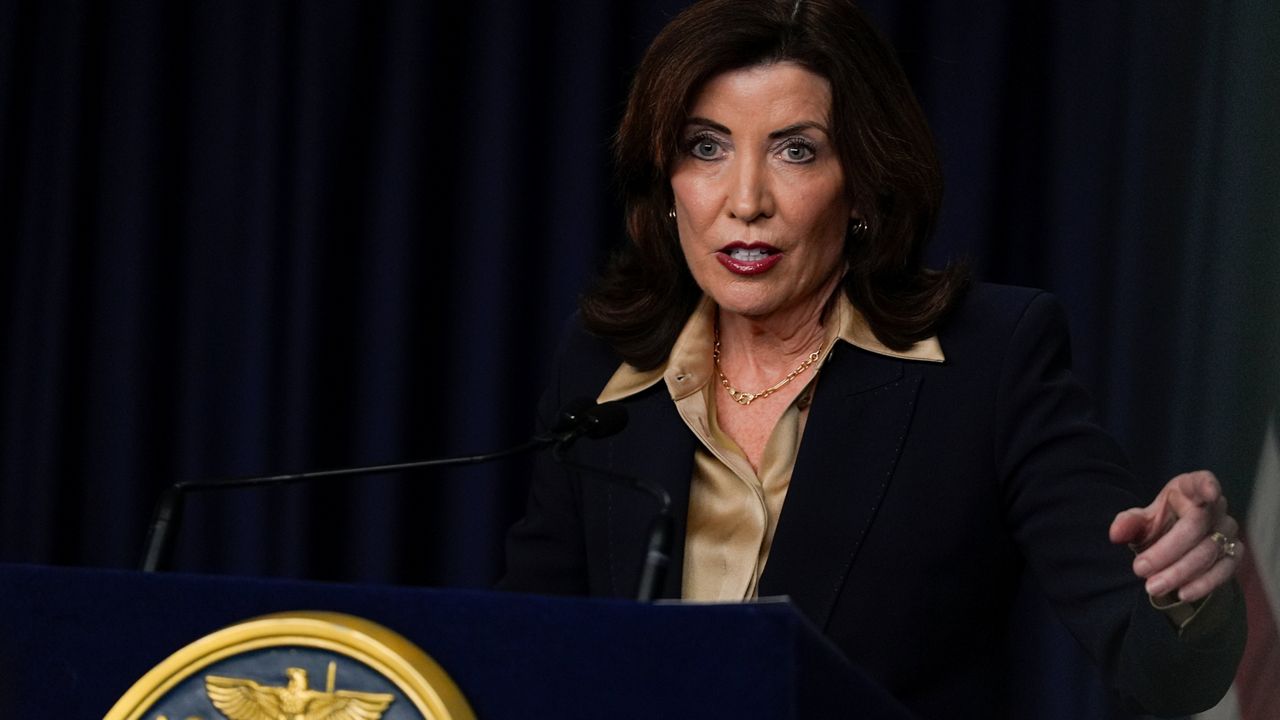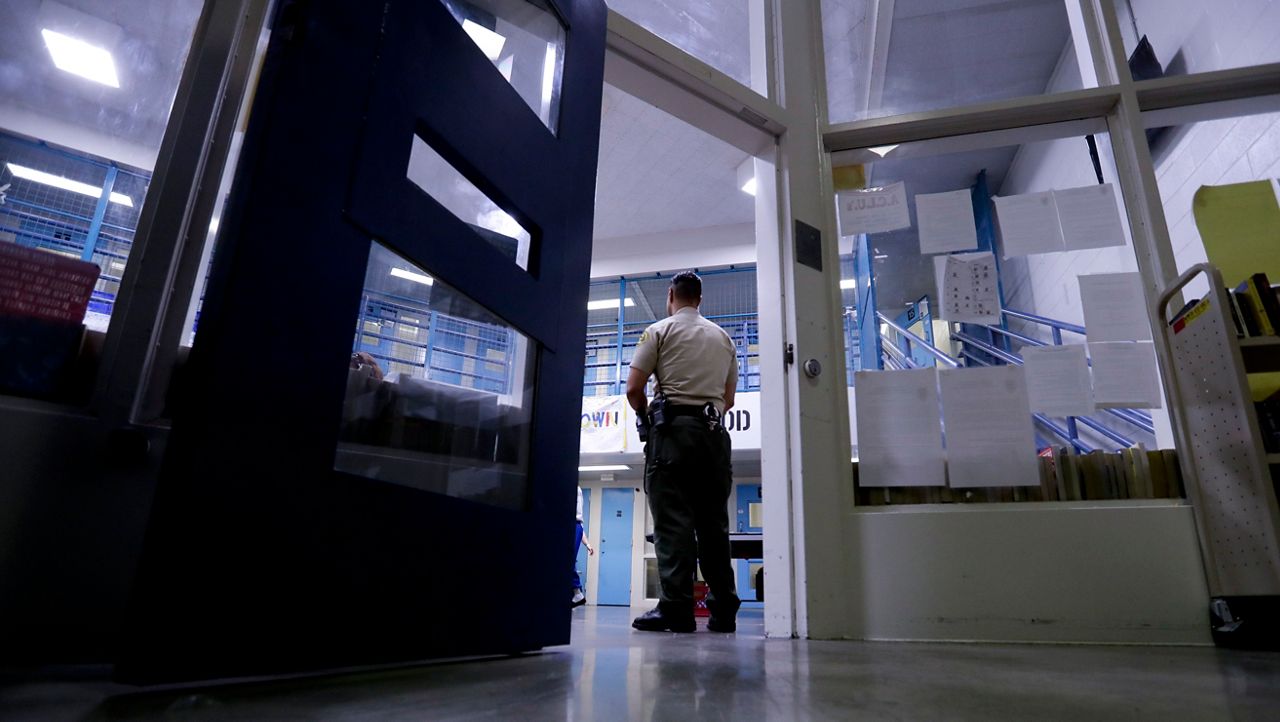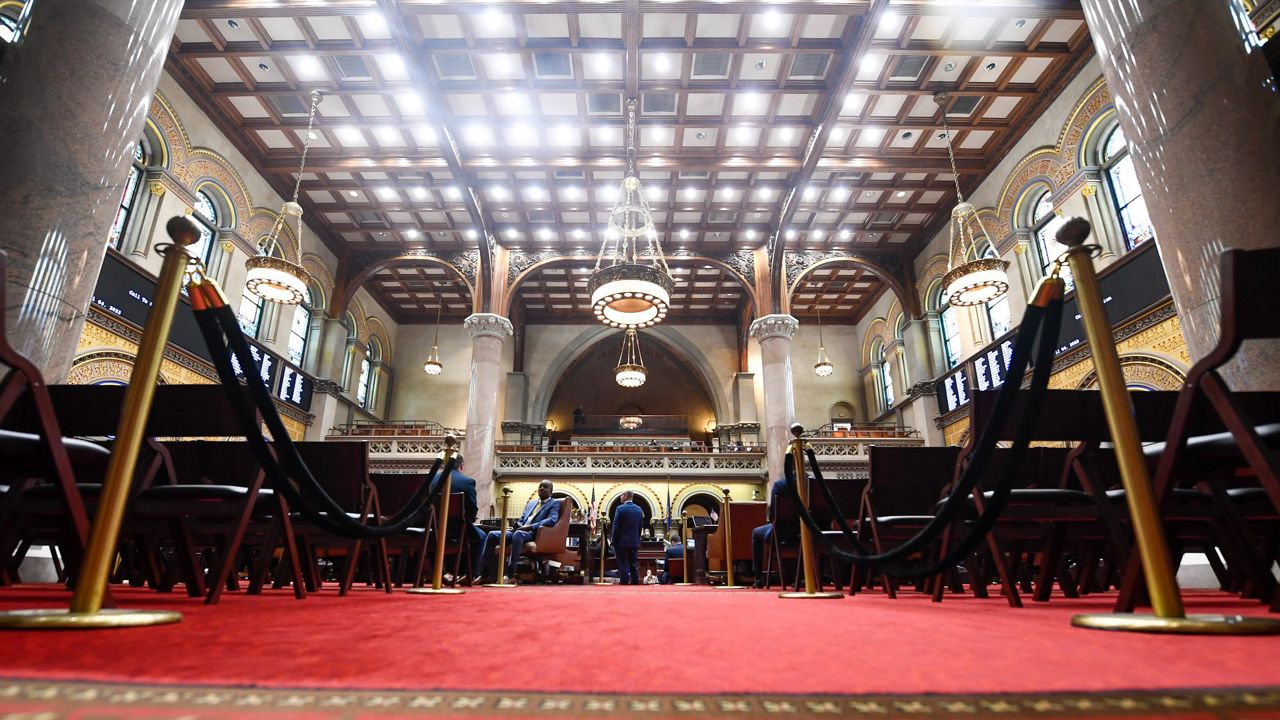Two mass shootings, less than 24 hours apart, highlighted more violence on display in the United States. UAlbany Professor Frankie Bailey studies the intersection of criminality and mass media. She says there is no simple answer as to why these events continue to occur in American society.
"It's a very complex thing. It's the individual within a larger context of society and the messages that we get and the narratives we tell ourselves," Bailey said.
In some instances, the shooters are motivated by extremist political views, incubated, and discovered online. The internet has made it easier for people to be radicalized, more so than in the past. That, Bailey says, is changing the dynamic in violent events.
"This is not to say that everyone who goes to one of these websites is ready or able to engage in extreme violence — obviously that's a very small minority — but even the high visibility of one person who engages in one of that kind of violence, because of the media's need to cover this, means there's a long-term impact for everyone," Bailey said.
Bailey says blaming one factor — like violent video games — doesn't explain mass shooting events, either. After all, millions of people play video games and are not motivated to commit violent acts.
"It takes a certain tipping point to resupport where you can pick up a weapon and go out and harm other people. You need to objectify those people, dehumanize those people, and see them as a threat," Bailey said.
But from mental illness to guns and political strife, there's no one satisfying answer to one simple question: Why is this happening?
"There are any number of things going on with the individuals and then there's the larger society and what's going on. We have to look at each of these things in context," Bailey said.










